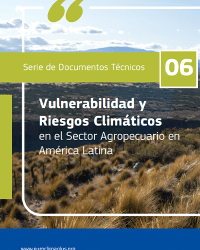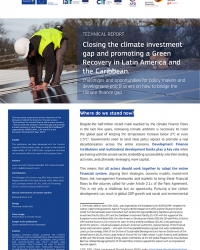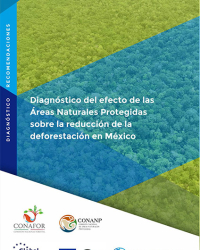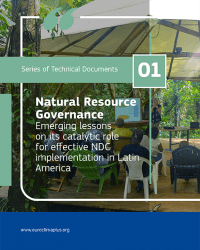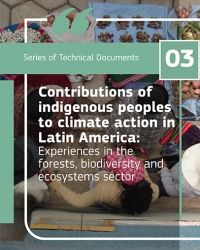Búsqueda por categoría
GREEN ECONOMIC RECOVERY
1924 Downloads
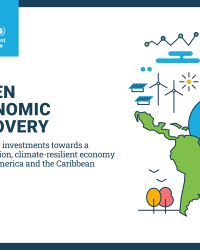 The project “Green Economic Recovery: Mobilizing investments towards a low-emission and climate-resilient economy in Latin America and the Caribbean” aimed to support selected LAC countries (Argentina, Costa Rica, Grenada, Honduras and Panama) to address the main barriers faced by countries when designing, planning and financing post-COVID-19 recovery plans aligned with the Paris Agreement.
The project “Green Economic Recovery: Mobilizing investments towards a low-emission and climate-resilient economy in Latin America and the Caribbean” aimed to support selected LAC countries (Argentina, Costa Rica, Grenada, Honduras and Panama) to address the main barriers faced by countries when designing, planning and financing post-COVID-19 recovery plans aligned with the Paris Agreement.
Throughout the technical accompaniment, a series of evaluations were carried out that analyze the opportunities to integrate lowemission climate-resilient development strategies into economic recovery packages. These analyses demonstrate that economic recovery plans aligned with the Paris Agreement are forwardlooking and cost-efficient investments for LAC governments. In this spirit, the “Green Economic Recovery” project worked closely with authorities and experts in 5 countries to support the planning process with science-based assessments. For this purpose, the Green Economy Model (GEM) was used; a System Dynamics (SD) modeling tool that facilitates a comprehensive approach to environmental planning.
| Category: | Serie Documentos técnicos |
| File Size: | 7.08 MB |
| Hits: | 9056 Hits |
| Download: | 1924 times |
| Título: | GREEN ECONOMIC RECOVERY |
| Año: | 2024 |
| Autor institucional: | PNUMA |
| Formato: |

